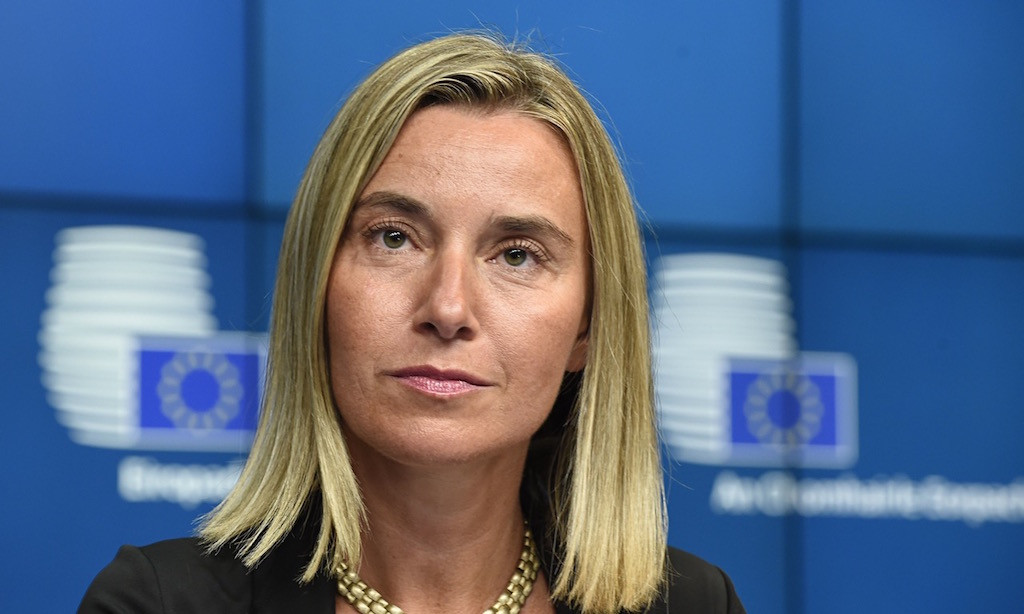EU set to enhance military mobility
The European Commission has unveiled details of its Action Plan on Military Mobility, which will allow military personnel and equipment to be moved more quickly across Europe. The Commission’s high representative for foreign affairs and security policy Federica Mogherini said that the plan is a further step in deepening cooperation at EU level. “Promoting peace and guaranteeing the security of our citizens are our first priorities as European Union. By facilitating military mobility within the EU, we can be more effective in preventing crises, more efficient in deploying our missions, and quicker in reacting when challenges arise.” The move follows the desire of Commission president Jean-Claude Juncker to create a fully-fledged European defence union by 2025. NATO commanders have highlighted problems in military movement across the EU such as conflicting regulations, weak bridges and narrow tunnels and few special allowances for transfers of U.S. troops.
Plans to cut euro bank transfer fees
Valdis Dombrovskis, the European Commission vice-president for financial stability and financial services, has proposed legislation to reduce what he calls “exorbitant” transfer fees charged by banks in EU countries outside the euro-zone. Dombrovskis cited fees of as much as €24 for a transfer of €10. Under the new proposals, which could come into effect in January 2019, payments in euros between countries in and outside of the euro zone will have to be charged by banks at the same low rate as domestic transactions. But Reuters reports that the legislation falls short of imposing the fee cap on transfers to countries outside the EU, which watchdog Finance Watch says is a “missed opportunity”. It claims that fees for money transfers to third countries cost migrants in the EU around 3.6 billion euros a year.
EP slams Selmayr appointment
In a story that simply won’t go away for the European Commission’s under-fire new secretary general, the European Parliament on Wednesday said that Martin Selmayr’s appointment was a “coup-like action”. As the Financial Times reports, the parliament’s budgetary control committee has drafted a resolution that says the promotion of Selmayr by Jean-Claude Juncker “stretched and possibly even overstretched the limits of the law”. It warns that the story risks damaging the reputation of the Commission and all EU institutions.
Iran deal on the brink
In a bid to prevent US president Donald Trump from withdrawing US sanctions relief on Iran, EU ambassadors have discussed new measures against the country. Reuters reports that France, Britain and Germany are hoping to get fellow EU members to agree to additional sanctions in an effort to save the 2015 nuclear deal, which Trump says has “terrible flaws”. The new sanctions could target members of the members of the Islamic Revolutionary Guards Corps.
Selfie paradise faces criticism
A new museum aimed at selfie-tourism has run into criticism for its blatant duplication of famous art works. The Rabbit Town museum in Bandung, Indonesia opened earlier this year. In an article in which it labels the museum as “Instagram-baiting” Art Net says the attractions include knockoffs of Yayoi Kusama's famous “Obliteration Room” installation and Chris Burden's “Urban Light”, and also copies of rooms from the Museum of Ice Cream.
Today’s breakfast briefing was written by Duncan Roberts
Reading this by email? You received today’s breakfast briefing because you signed up to receive Delano newsletters. Manage your subscription options here.
